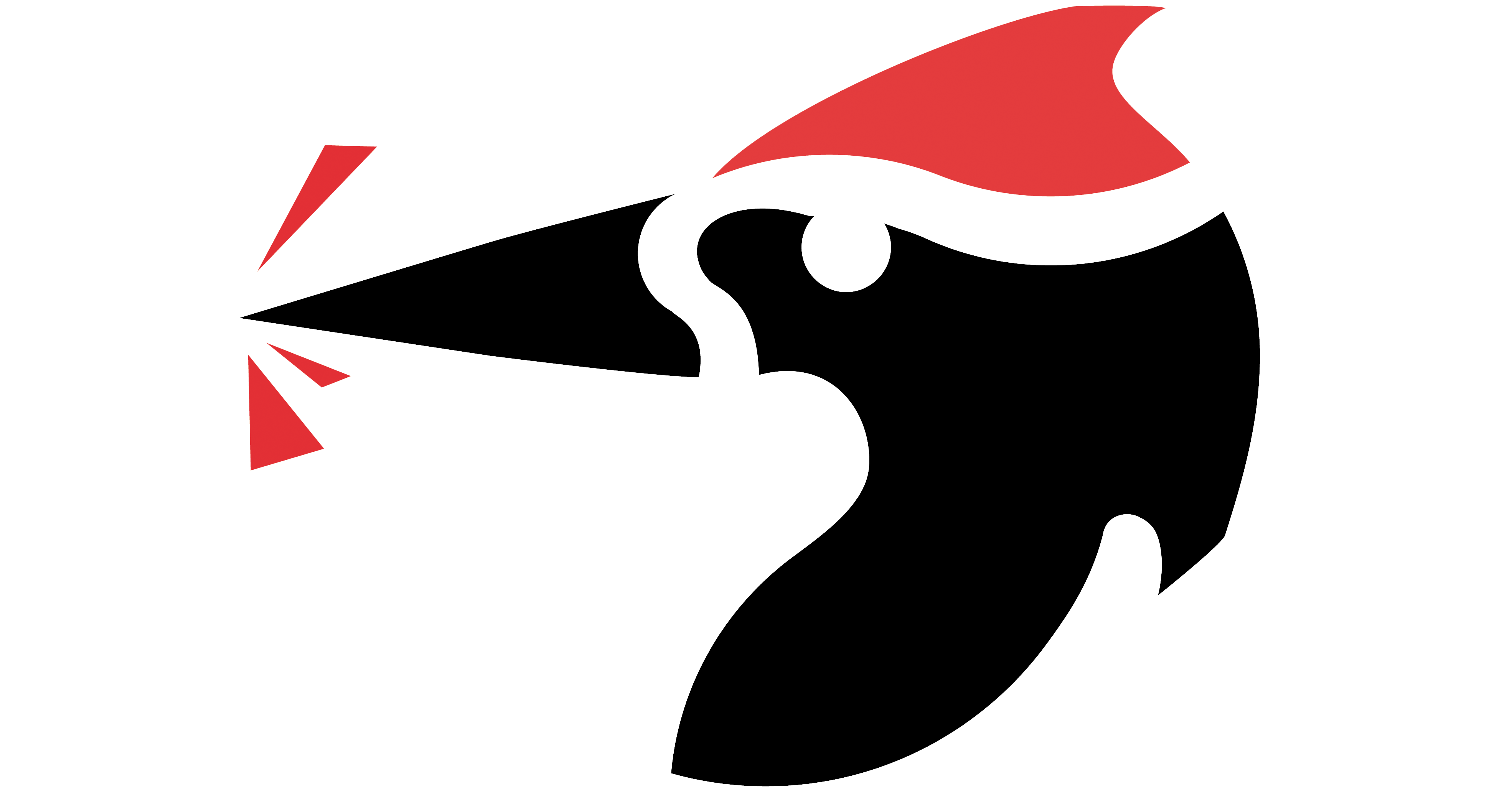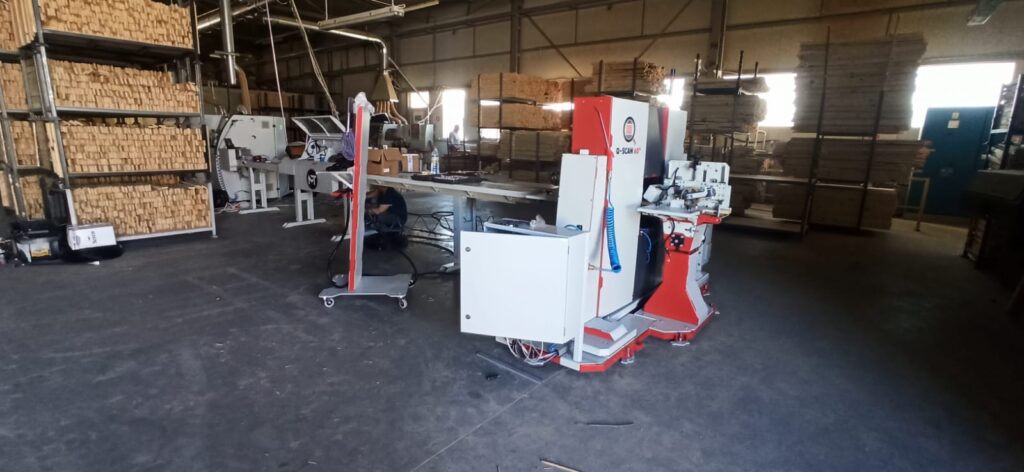Implementations
A sawmill in Zębowo, Poland
There is an article about our implementation:
Elektroniczne „oko”, które wyszukuje wszelkie wady surowca
This company deals mainly with the production of wooden drums, pellet and roofing. They are also processing softwood and hardwood sawn timber. Such a wide and diverse activity means working with wood of various quality, depending on the final product.
Woodinspector not only offers support in case of problems but also provides the adjustment of the scanner to the client’s requirements, expectations and already working machines (e.g. optimizing machines). In case of Zębowo there were modifications in the way the material is being transported and picked up from the planning machine. The elements implemented (apart from the scanner) were two powered conveyors (before and after the scanner), pressure rollers covered in polyurethane, encoder rollers, and adjustable boards on one side. In this case Woodinspector decided to implement a ‘right’ version of the machine – the adjustable boards are on the right, looking according to the direction of the material.
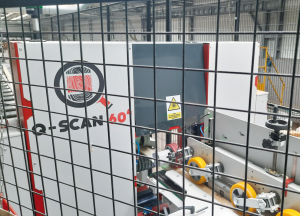
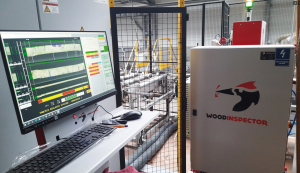
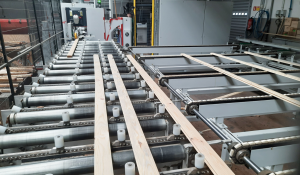
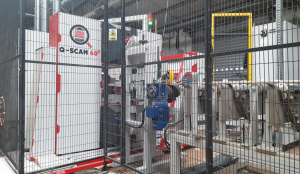
Sawmill ‘TRAK’ Wojciech Łabiński
There is an article about our implementation:
Skaner z przenośnikami zastąpił czterech pracowników
In this sawmill Q-Scan AI is working with Weinig Opticut Elite 200. The material, which is planed oak, beech and pine, is scanned on four sides.
The speed here is max 60 m/min and the minimum separation of boards going through the scanner is 80 cm.
Thanks to installing Q-Scan AI the work process has become continuous – from the planning machine, to the scanner and the optimizing machine.
It was the reason to limit the number of employees dealing with these machines to three people.
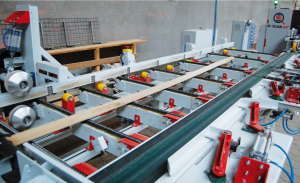
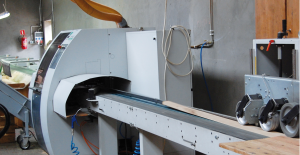
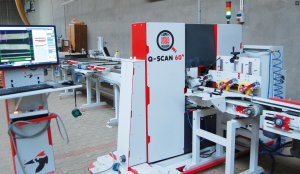
ENVUN, Poland
There is an article about our implementation:
Skaner Q-SCAN AI w duecie z szybką optymalizerką
ENVUN company, specialised in producing window scantlings, uses one of the best optimizing machines – WEINIG OptiCut 450 Quantum. This year ENVUN decided to go a step further in the process of automatization and orderd a Q-Scan AI scanner together with a set of conveyors.
The scanner detects defects on four sides of unplaned pine timber, with max speed 60 m/min and the minimum separation of 0,8 m. The optimization considers, among others, the type and position of defects, the product’s length, and reaching the maximum length of a product.
Some of the defects are: dead knots, edge knots, small, empty knots, healthy knots, edging with or without bark, resin blisters, blue stain and pith.
The project work on boards with a thickness 20-50 mm, width 40-150 mm and length 1500-6000 mm.
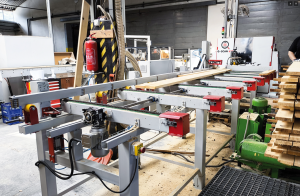
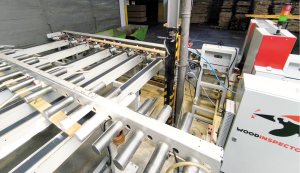
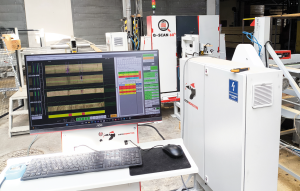
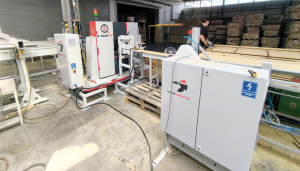
TARKETT POLSKA ORZECHOWO
The QSCAN 60 scanner was installed on the oak veneer production line.
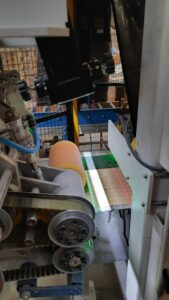
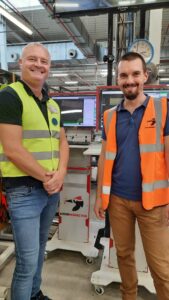
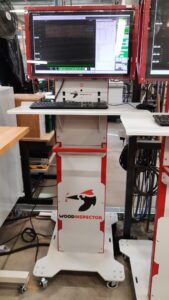
PROTAR MIROSŁAW SKONIECZNY
Service company PROTAR Sp. z o. o. deals with the processing of pine wood. The manufactured range includes:
- glued elements,
- knot-free frieze and strips, 4 sides clean,
- frieze and strips of class 2 - including resin, fused knots, blue stain.
The plant implemented a system for adapting the Weinig Elite 200 crayon machine to work with the WOODINSPECTOR Q-SCAN 60 scanner. The complete implementation allowed for the complete elimination of the significance of fluorescent crayon defects.
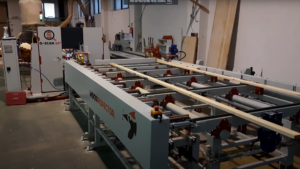
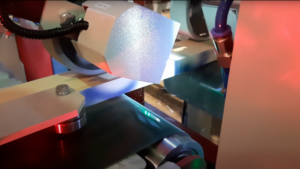
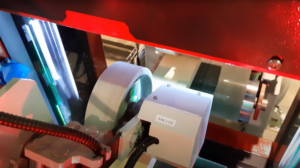
HEKAL HENRYK LECHOWICZ
The Hekal service company produces narrow pine profiles in which small knots are allowed. Defects exceeding the permissible standard must be absolutely eliminated. The implemented device - the QSCAN scanner - in its functionality optimizes cross-sections in terms of percentages of defects on four sides of the board. It is possible to configure the percentage range of the defect depending on the side on which it is located: – 1 side: top / bottom or side – 2 sides up and down, top or bottom and side – 3 sides up and down and side, top or bottom and 2 sides, – 4 sides It is possible to set separate values for each section. During the implementation, great emphasis was placed on identifying defects and black knots that are falling out. Black knots, but joined together, without any loss, are allowed in the products.
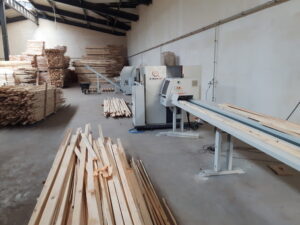
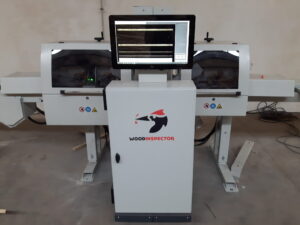
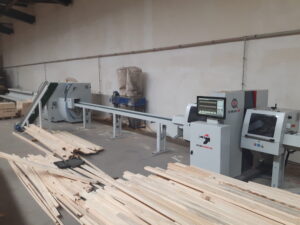
CARPENTRY TOMASZ WRÓBEL
Carpentry Tomasz Wróbel uses the QSCAN machine on the production line for window and door scantlings and glued boards. The specificity of the products assumes the elimination of all defects, especially resin. To meet the requirements, a trained neural network model was implemented in the device. Thanks to the use of an innovative technique, the client's main problem was solved. Optimization algorithms take into account the location of defects and their permissible size depending on the product. Elements produced for micro-jointing are optimized in three quality classes: class 1 - without defects, class 2 - resin, blue stain, small knots, class 3 - fused knots. The algorithms take into account prices for individual classes and appropriately extend e.g. the resin element to minimize the amount of waste.
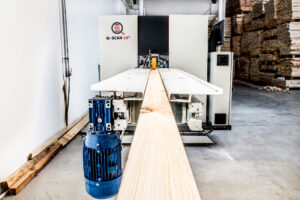
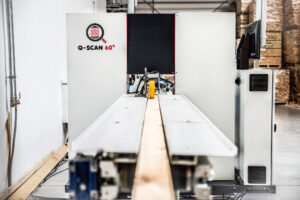
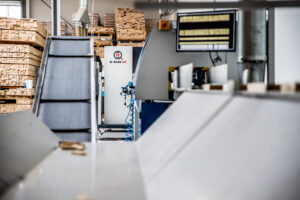
KEYLITE
Keylite RW produces roof windows. The scanner works with the CURSAL 2700 optimizer. The material from which the finished product is made is divided into several classes. The client assumed that he would like to reduce the amount of waste during production. The supplied machine has a material cutting optimization function. The device optimizes the scanned material due to the type and location of the defect, the length of a given section, the degree of material utilization between defects or achieving the maximum length of an element. Keylite is a customer that also implemented the Q-Feed 60 feeder set for the first time.
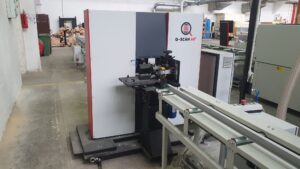
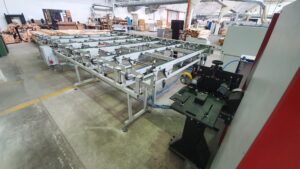
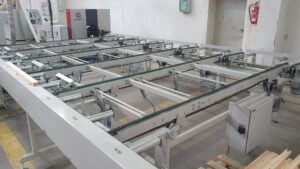
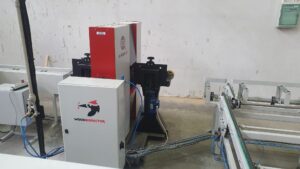
PALLET HOUSE
PALLET HOUSE is the company's first foreign client. The company produces Euro pallets in three sections compliant with European requirements. Scanning sawn timber involves detecting knots and edges. The created system also has a board sorting function.
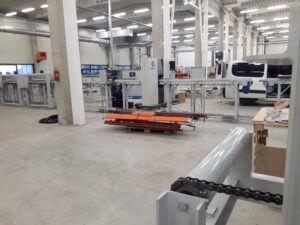
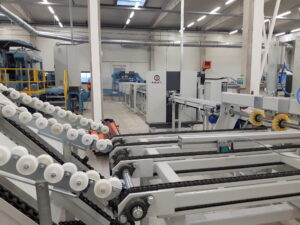
EUREX
Eurex is a family company operating on the Polish market since 1990. In particular, it deals with the processing of coniferous wood. The QSCAN scanner is used in the production of garden architecture elements, special packaging, and products with fireproof impregnation. The specificity of the products assumes the optimization of wood due to the location of the defect and its percentage share in the width of the board. Eurex is a client that has implemented a special update of the QSCAN program regarding the percentage ratio of the area of a diseased knot to a healthy knot.
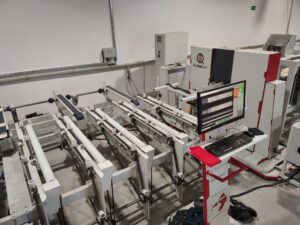

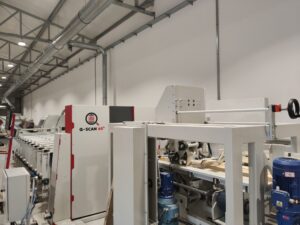
FAKRO
FAKRO is currently one of the largest Polish manufacturers of roof windows. Thirty years of experience gives the company the position of second-largest on the global market. The company decided to purchase the Q-SCAN device for its branch in Rudnik nad Sanem. The scanner is connected to the METALTECHNIKA optimizer. The main goal of its operation is to optimize lower-class material from which, among others, boxes and stairs are made. In addition to detecting basic defects: healthy and diseased knots, resin, resin blisters, the customer wants the machine to inspect cracks, unplaned areas and cut out "wedges". FAKRO's unusual needs are met using typical algorithms supported by artificial neural networks.
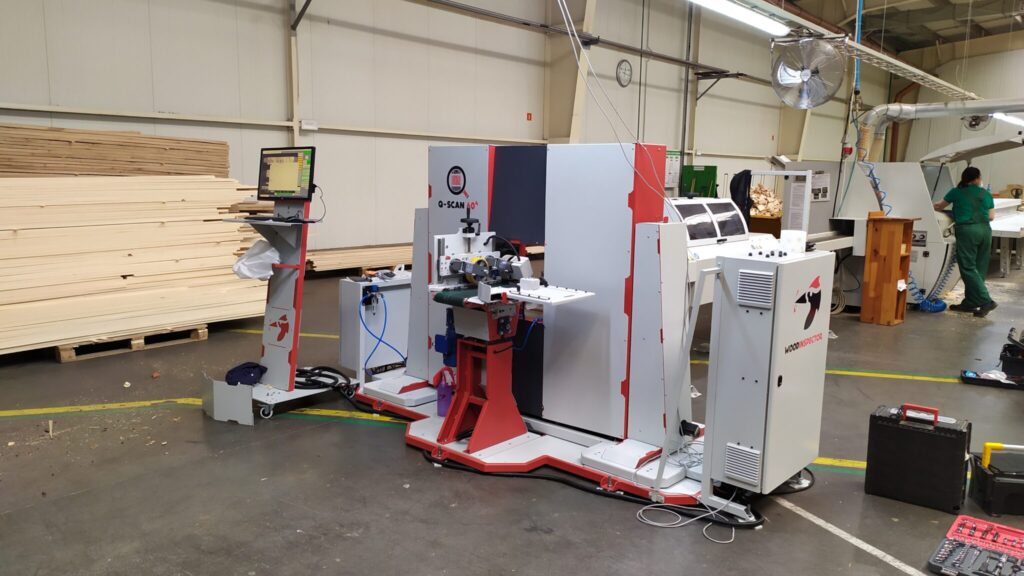
DREWDOM
DREWDOM is a company established in 1999. The company produces modern and classic furniture made of alder wood. WOODINSPECTOR provided DREWDOM with a QSCAN lumber scanner. This is the first client of our company whose production is based on a species of wood other than pine. The QSAN scanner was integrated with the CURSAL optimizer, model 2700. The implementation was based on three assumptions:
- Precise detection of healthy knots, unplaned areas and cracks.
- Precise detection of color defects - heartwood.
- Frequent homing of the QSCAN scanner according to the material coming out of the planer.
The implementation was greatly helped by the approach of the buyer, who tried to describe his needs and production requirements as precisely as possible. The customer's involvement meant that all employees could thoroughly familiarize themselves with the properties of alder wood.

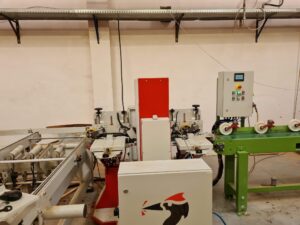
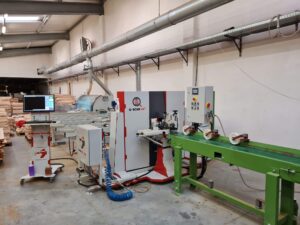
ISOTONY
IZOTONIA is the second company where the QSCAN scanner optimizes non-planed material. The company produces wooden frames, side and middle slats for beds and other furniture elements on a daily basis. The specificity of the machine's implementation focused on the precise determination of healthy knots, the so-called "winglings". In addition, a method was developed to distinguish unplaned areas with diseased knots. IZOTONIA is another place where the sawn timber scanner has been integrated with the Metal-Technika optimizer.
TARSKOL
TARSKOL is a plant producing window scantlings. The WOODINSPECTOR QSCAN 60 scanner was implemented in the technological line with the MetalTechniki optimizer and conveyors from ZM Jabłoński. The scanner detects defects in the planed material and optimizes the cutting.
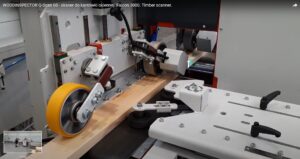

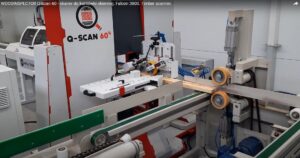
GAMBEX
Gambex is a plant producing Euro pallets. The QSCAN scanner was installed on the Stravis log sawing line. The scanner sorts the pallet boards according to dimensions and edges.
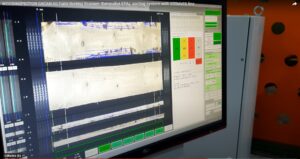
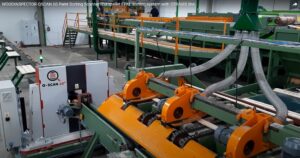
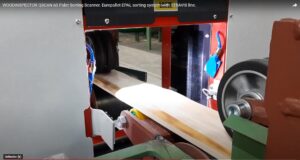
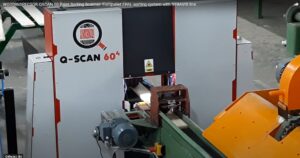
Andrzej and Mariusz KASPERSKI
The sawmill of brothers Mariusz and Andrzej Kasperski collects and saws wood. The plant is based on a PRIMULTINI frame saw and its main product is Lumber NO. Please note that the sorting process is very complicated. Up to 30 packages are "open" at the same time. It was necessary to develop a dedicated window for the client, where up to 30 packages are visible at the same time and the operator can efficiently switch between them to add 1 board each.
Installed equipment: – 1 stationary data entry workstation with a large touch screen.
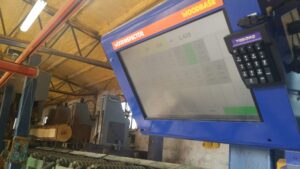
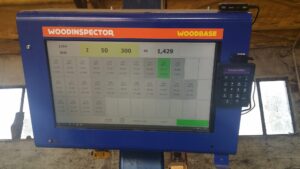
DREWMET LESZNO
The DrewMet Leszno sawmill has a wide range of production. It offers NO hardwood sawn timber, edged boards and construction wood. The WOODBASE system was installed to record NO sawn timber and edged boards of various sizes. At the DREWMET Leszno sawmill, each piece of board is marked to enable quick loading and order completion due to the customer's specific needs.
Installed:
– 3 stationary stations,
– 1 data collector,
– 4 cameras for archiving photos,
– 1 industrial tablet.
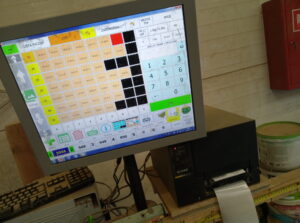

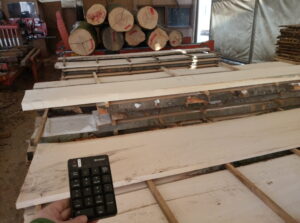
Production plant in Kołacza
The production plant in Kołacza uses the WOODBASE system to maintain inventory of NO. Two sorting teams enter the system. Sorting is carried out simultaneously into 6 classes, taking into account length reduction due to lumber defects.
Installed equipment:
– 2 stationary stations,
– 6 cameras for archiving photo material
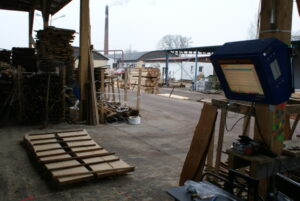
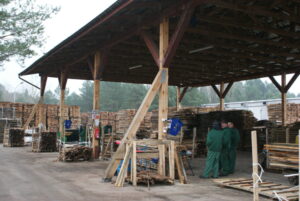

PLANSON sawmill
The PLANSON sawmill by Barbara and Grzegorz Hołówka deals with the processing of oak wood. The product is mainly a board and a frieze. In the hall with the optimizer, a data entry station was installed to which operators enter entire packages of edged sawn timber. In the case of this implementation, great emphasis was placed on the handling of price lists depending on the customer, type of material, class and size. Currently, if all items in the price list are completed, the system automatically selects the price for the package being sold.
Installed:
– 1 stationary data entry station,
– tablet for loading.
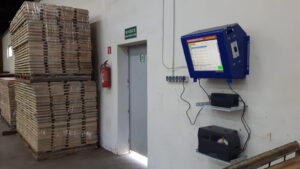
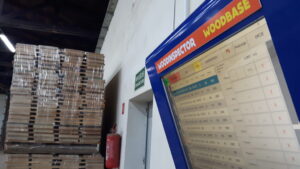
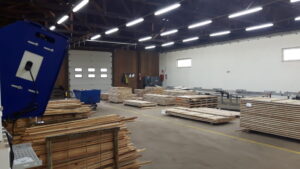
Polkres Edwood
The Polkres Edwood company produces various types of glued boards. The company focuses its activities on obtaining wet sharp-edged elements - friezes, stones. He dries them himself and delivers them to the gluing plant. The WOODBASE system has improved the warehouse management process at the stage of material receipt, drying and delivery to the next plant.
Installed:
– 2 stationary workstations,
– 3 label printers,
– 1 tablet,
– 2 data collectors.
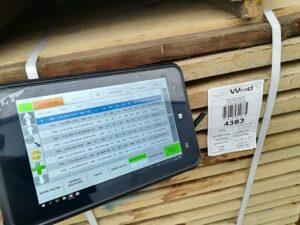
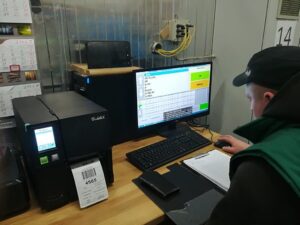
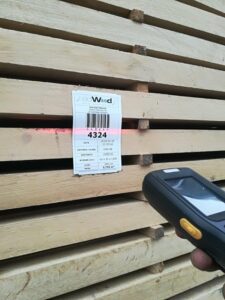
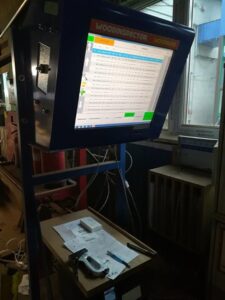
Sawmill Beata and Jarosław SZYMAŃSCY
The sawmill of Mr. and Mrs. Beata and Jarosław Szymański deals with sawing pine wood and harvesting wood. The logs are sawn on three frame saws in two shifts. Sorting is done into 2 classes. Lumber is only sold in NO form in a wet state. Great emphasis in the implementation was placed on the speed of data entry by unskilled operators. After 1 day of training and exercises, everyone was able to work with maximum efficiency and quickly realized that they preferred entering data into the system rather than "running around" with paper and a pen.
Installed:
– 3 stationary workstations for data entry.
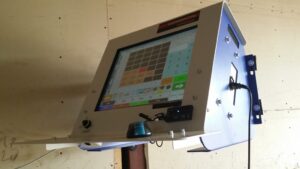
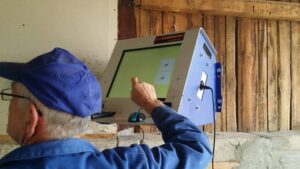
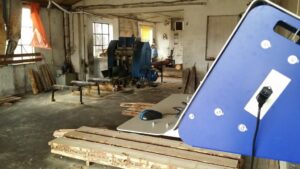
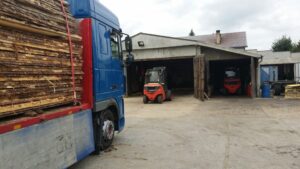
Europarguet is a family business producing wooden finishing products. The company uses the MSCAN machine on its oak parquet mosaic production line. The production specification assumes dividing the slats into three classes. MSCAN uses algorithms supported by artificial neural networks to detect given defects, including: sick knots, healthy knots, bugs, dirt, color defects, and then assigns the lamel to a specific class. The scanning speed is 0.5 m/s.
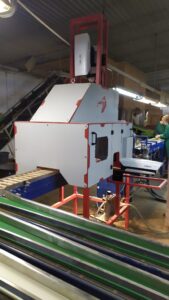
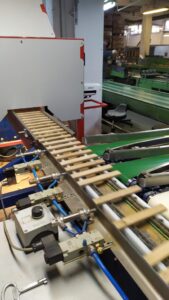
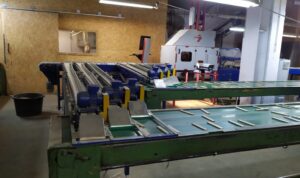
Tarkett
Tarkett installed a system to detect cracks in the ends of oak lamellas. During the production process, it is necessary to determine which side of the lamellas has a larger crack. The slat is properly manipulated to align the ends.
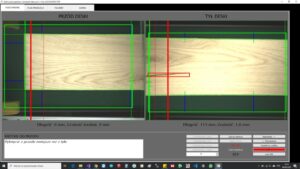
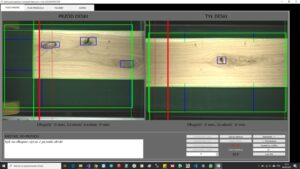
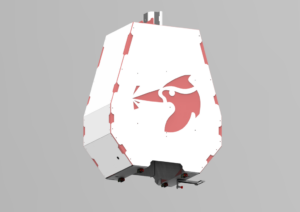
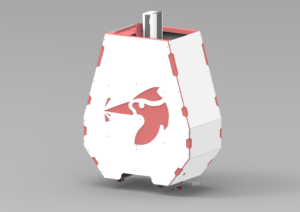
TARKETT POLSKA ORZECHOWO
The QSCAN 60 scanner was installed on the oak veneer production line.



PROTAR MIROSŁAW SKONIECZNY
Service company PROTAR Sp. z o. o. deals with the processing of pine wood. The manufactured range includes:
- glued elements,
- knot-free frieze and strips, 4 sides clean,
- frieze and strips of class 2 - including resin, fused knots, blue stain.
The plant implemented a system for adapting the Weinig Elite 200 crayon machine to work with the WOODINSPECTOR Q-SCAN 60 scanner. The complete implementation allowed for the complete elimination of the significance of fluorescent crayon defects.



HEKAL HENRYK LECHOWICZ
The Hekal service company produces narrow pine profiles in which small knots are allowed. Defects exceeding the permissible standard must be absolutely eliminated. The implemented device - the QSCAN scanner - in its functionality optimizes cross-sections in terms of percentages of defects on four sides of the board. It is possible to configure the percentage range of the defect depending on the side on which it is located: – 1 side: top / bottom or side – 2 sides up and down, top or bottom and side – 3 sides up and down and side, top or bottom and 2 sides, – 4 sides It is possible to set separate values for each section. During the implementation, great emphasis was placed on identifying defects and black knots that are falling out. Black knots, but joined together, without any loss, are allowed in the products.



CARPENTRY TOMASZ WRÓBEL
Carpentry Tomasz Wróbel uses the QSCAN machine on the production line for window and door scantlings and glued boards. The specificity of the products assumes the elimination of all defects, especially resin. To meet the requirements, a trained neural network model was implemented in the device. Thanks to the use of an innovative technique, the client's main problem was solved. Optimization algorithms take into account the location of defects and their permissible size depending on the product. Elements produced for micro-jointing are optimized in three quality classes: class 1 - without defects, class 2 - resin, blue stain, small knots, class 3 - fused knots. The algorithms take into account prices for individual classes and appropriately extend e.g. the resin element to minimize the amount of waste.



KEYLITE
Keylite RW produces roof windows. The scanner works with the CURSAL 2700 optimizer. The material from which the finished product is made is divided into several classes. The client assumed that he would like to reduce the amount of waste during production. The supplied machine has a material cutting optimization function. The device optimizes the scanned material due to the type and location of the defect, the length of a given section, the degree of material utilization between defects or achieving the maximum length of an element. Keylite is a customer that also implemented the Q-Feed 60 feeder set for the first time.




PALLET HOUSE
PALLET HOUSE is the company's first foreign client. The company produces Euro pallets in three sections compliant with European requirements. Scanning sawn timber involves detecting knots and edges. The created system also has a board sorting function.


EUREX
Eurex is a family company operating on the Polish market since 1990. In particular, it deals with the processing of coniferous wood. The QSCAN scanner is used in the production of garden architecture elements, special packaging, and products with fireproof impregnation. The specificity of the products assumes the optimization of wood due to the location of the defect and its percentage share in the width of the board. Eurex is a client that has implemented a special update of the QSCAN program regarding the percentage ratio of the area of a diseased knot to a healthy knot.



FAKRO
FAKRO is currently one of the largest Polish manufacturers of roof windows. Thirty years of experience gives the company the position of second-largest on the global market. The company decided to purchase the Q-SCAN device for its branch in Rudnik nad Sanem. The scanner is connected to the METALTECHNIKA optimizer. The main goal of its operation is to optimize lower-class material from which, among others, boxes and stairs are made. In addition to detecting basic defects: healthy and diseased knots, resin, resin blisters, the customer wants the machine to inspect cracks, unplaned areas and cut out "wedges". FAKRO's unusual needs are met using typical algorithms supported by artificial neural networks.

DREWDOM
DREWDOM is a company established in 1999. The company produces modern and classic furniture made of alder wood. WOODINSPECTOR provided DREWDOM with a QSCAN lumber scanner. This is the first client of our company whose production is based on a species of wood other than pine. The QSAN scanner was integrated with the CURSAL optimizer, model 2700. The implementation was based on three assumptions:
- Precise detection of healthy knots, unplaned areas and cracks.
- Precise detection of color defects - heartwood.
- Frequent homing of the QSCAN scanner according to the material coming out of the planer.
The implementation was greatly helped by the approach of the buyer, who tried to describe his needs and production requirements as precisely as possible. The customer's involvement meant that all employees could thoroughly familiarize themselves with the properties of alder wood.



ISOTONY
IZOTONIA is the second company where the QSCAN scanner optimizes non-planed material. The company produces wooden frames, side and middle slats for beds and other furniture elements on a daily basis. The specificity of the machine's implementation focused on the precise determination of healthy knots, the so-called "winglings". In addition, a method was developed to distinguish unplaned areas with diseased knots. IZOTONIA is another place where the sawn timber scanner has been integrated with the Metal-Technika optimizer.
TARSKOL
TARSKOL is a plant producing window scantlings. The WOODINSPECTOR QSCAN 60 scanner was implemented in the technological line with the MetalTechniki optimizer and conveyors from ZM Jabłoński. The scanner detects defects in the planed material and optimizes the cutting.



GAMBEX
Gambex is a plant producing Euro pallets. The QSCAN scanner was installed on the Stravis log sawing line. The scanner sorts the pallet boards according to dimensions and edges.




Andrzej and Mariusz KASPERSKI
The sawmill of brothers Mariusz and Andrzej Kasperski collects and saws wood. The plant is based on a PRIMULTINI frame saw and its main product is Lumber NO. Please note that the sorting process is very complicated. Up to 30 packages are "open" at the same time. It was necessary to develop a dedicated window for the client, where up to 30 packages are visible at the same time and the operator can efficiently switch between them to add 1 board each.
Installed equipment: – 1 stationary data entry workstation with a large touch screen.


DREWMET LESZNO
The DrewMet Leszno sawmill has a wide range of production. It offers NO hardwood sawn timber, edged boards and construction wood. The WOODBASE system was installed to record NO sawn timber and edged boards of various sizes. At the DREWMET Leszno sawmill, each piece of board is marked to enable quick loading and order completion due to the customer's specific needs.
Installed:
– 3 stationary stations,
– 1 data collector,
– 4 cameras for archiving photos,
– 1 industrial tablet.



Production plant in Kołacza
The production plant in Kołacza uses the WOODBASE system to maintain inventory of NO. Two sorting teams enter the system. Sorting is carried out simultaneously into 6 classes, taking into account length reduction due to lumber defects.
Installed equipment:
– 2 stationary stations,
– 6 cameras for archiving photo material



PLANSON sawmill
The PLANSON sawmill by Barbara and Grzegorz Hołówka deals with the processing of oak wood. The product is mainly a board and a frieze. In the hall with the optimizer, a data entry station was installed to which operators enter entire packages of edged sawn timber. In the case of this implementation, great emphasis was placed on the handling of price lists depending on the customer, type of material, class and size. Currently, if all items in the price list are completed, the system automatically selects the price for the package being sold.
Installed:
– 1 stationary data entry station,
– tablet for loading.



Polkres Edwood
The Polkres Edwood company produces various types of glued boards. The company focuses its activities on obtaining wet sharp-edged elements - friezes, stones. He dries them himself and delivers them to the gluing plant. The WOODBASE system has improved the warehouse management process at the stage of material receipt, drying and delivery to the next plant.
Installed:
– 2 stationary workstations,
– 3 label printers,
– 1 tablet,
– 2 data collectors.




Sawmill Beata and Jarosław SZYMAŃSCY
The sawmill of Mr. and Mrs. Beata and Jarosław Szymański deals with sawing pine wood and harvesting wood. The logs are sawn on three frame saws in two shifts. Sorting is done into 2 classes. Lumber is only sold in NO form in a wet state. Great emphasis in the implementation was placed on the speed of data entry by unskilled operators. After 1 day of training and exercises, everyone was able to work with maximum efficiency and quickly realized that they preferred entering data into the system rather than "running around" with paper and a pen.
Installed:
– 3 stationary workstations for data entry.




Europarguet is a family business producing wooden finishing products. The company uses the MSCAN machine on its oak parquet mosaic production line. The production specification assumes dividing the slats into three classes. MSCAN uses algorithms supported by artificial neural networks to detect given defects, including: sick knots, healthy knots, bugs, dirt, color defects, and then assigns the lamel to a specific class. The scanning speed is 0.5 m/s.



The profile planing quality control system detects unplaned surfaces and measures the depth of the unprocessed surface. The system uses digital image analysis methods. Depending on the width of the tested surface and the type of material, the system detects unplaned areas from 50 mm in length and 20 mm in width. When measuring the depth of an unplaned area, effective cavity detection starts at 0.3 mm depth.
The system can be used as a quality control tool directly behind a planer or rotoles. The material scanning speed can be up to 120 m/min.
ProfiMeter also enables optimization of the planing process using several rotoles with different work thicknesses. The aim of optimization is to obtain a carved board with the lowest possible material loss.
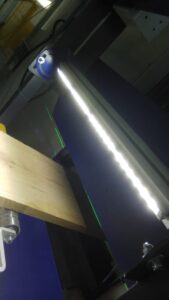
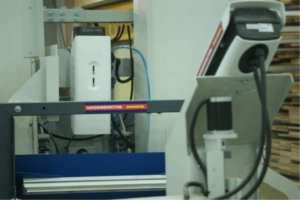
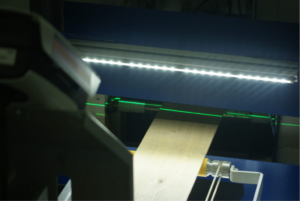
Tarkett
Tarkett installed a system to detect cracks in the ends of oak lamellas. During the production process, it is necessary to determine which side of the lamellas has a larger crack. The slat is properly manipulated to align the ends.




